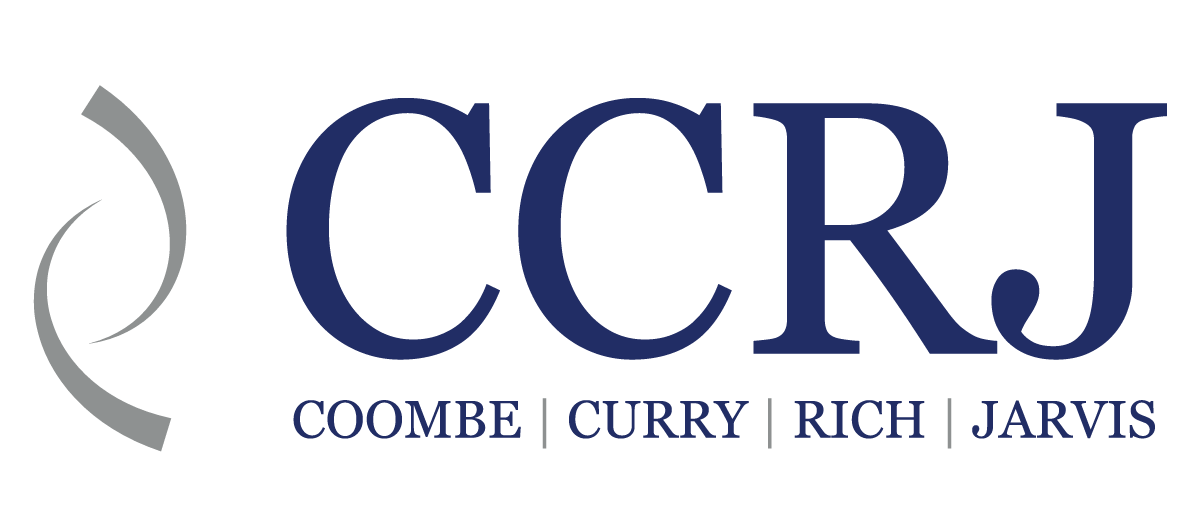What are Medical and Financial Powers of Attorney and Advanced Directives and Why Should I Have Them?
Do you know what powers of attorney and advanced directives are? If you do not, you are not alone. These documents are actually utilized during your lifetime, not upon your death. Definitions of these legal documents are as follows:
- Medical Power of Attorney: A legal document allowing you to name someone, referred to as an “agent”, to make decisions about your medical care in the event that you are temporarily ill and/or severely injured and unable to make these decisions on your own behalf. These decisions include whether or not to be put on life support. Once you are well enough to speak with your treating physicians and arrive at your own medical decisions, the “agent” must turn back over this power to you. You must sign this document before you become incapacitated.
- Financial Power of Attorney: A legal document allowing you to name someone, also referred to as an “agent”, to make decisions concerning your financial activities in the event that you are temporarily ill and/or severely injured and unable to make these decisions on your own behalf. These decisions include paying your mortgage, rent, utilities, cars, insurance, etc. Once you are well enough to make these financial inquiries, the “agent” must turn back over this power to you. You must sign this document before you become incapacitated.
- Advanced Directive/Living Will: A legal document allowing you to provide your wishes regarding your medical care in the event that you are diagnosed with a terminal condition and/or are in a persistent vegetative state. This document becomes effective when your doctor and one other doctor certify that you have one of these conditions and you lack the ability to provide informed consent or refusal of medical or surgical treatment and/or the ability to make an informed health care benefit decision. These decisions include the acceptance of artificial nutrition via feeding tube and/or IV, utilization of a ventilator, and the amount of time you wish to be on these medical treatments. You may have the option to obtain this document at the time of your diagnosis, but, if you are also incapacitated, that option will not be available to you.
Why do I need a Medical Power of Attorney and/or Advanced Directive?: In Colorado, the following people can consent to treatment on behalf of an adult patient that has become incapacitated and does not have a medical power of attorney and/or advanced directive:
1) Your spouse.
2) Your adult child, with the waiver and consent of all other qualified adult children.
3) The majority of your children.
4) Your parents.
5) An individual clearly identified to act on your behalf before you became incapacitated, your nearest living relative, or a member of the clergy.
While these individuals may know you, consider these scenarios:
1) You and your spouse are involved in a serious accident in which you are both incapacitated.
2) You are a single parent with minor children.
3) You are estranged from your parents.
4) You are engaged to be married and would prefer your fiancé, rather than your parents, make medical decisions on your behalf.
5) You prefer that your mother, rather than your estranged father, make medical decisions on your behalf.
6) You are part of an untraditional family and would prefer your partner to make important medical decisions rather than members of your family.
Perhaps most importantly, if all of the individuals allegedly speaking on your behalf cannot come to a consensus regarding your treatment, it may fall on your treating physician to make the final decision. With a medical power of attorney and advanced directive in place, you can easily avoid these situations.
Why do I need a Financial Power of Attorney?:
The majority of financial institutions will only allow the individual(s) listed on an account to access said account and make financial decisions. Without a financial power of attorney on file, these accounts may be frozen until the account holder can contact the financial institution. Unlike an individual lacking a medical power of attorney, your children, parents and a friend and/or clergy cannot access your financial accounts on your behalf without a power of attorney listing that individual as the “agent”.
If you do not have a financial power of attorney in place and become incapacitated, your family and friends will be forced to petition the court, seeking an order granting an “agent” the ability to access your financial accounts. Once this order has been granted, the “agent” must return to the financial institution with the order and wait to obtain access to your accounts. This process can take weeks or even months. Meanwhile, your bills are unpaid, ruining your credit. It’s really that simple.
Preparing powers of attorney and advanced directives is a quick and inexpensive process for a little piece of mind. CCRJ offers an ala carte menu of legal documents for individuals that may only be interested in obtaining a power of attorney or advanced directive without preparation of a will. If you are interested in having CCRJ prepare these legal documents for you, please contact Anne McMichael or Jill Curry today!

